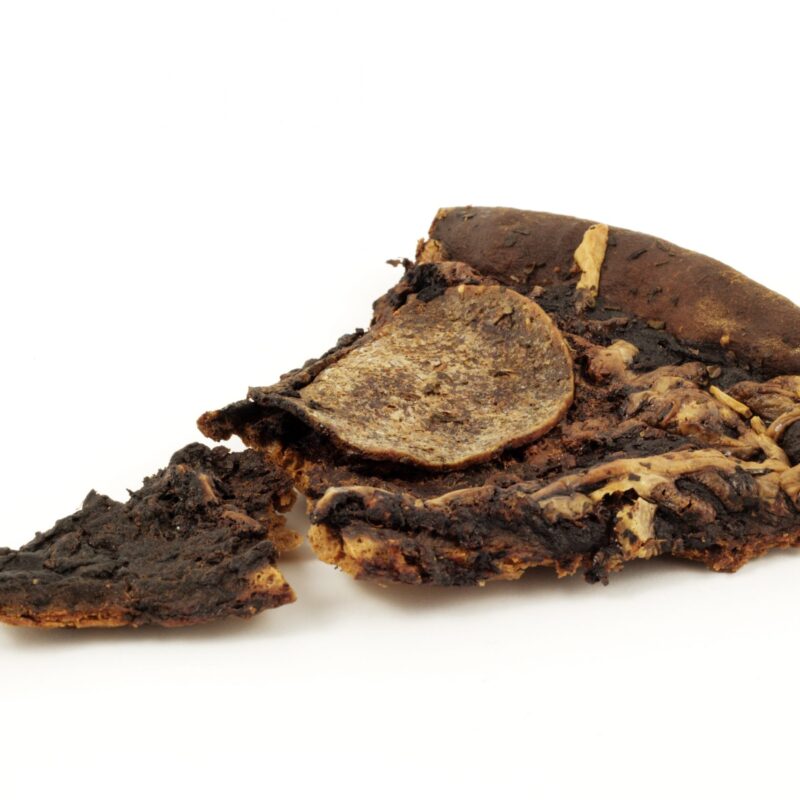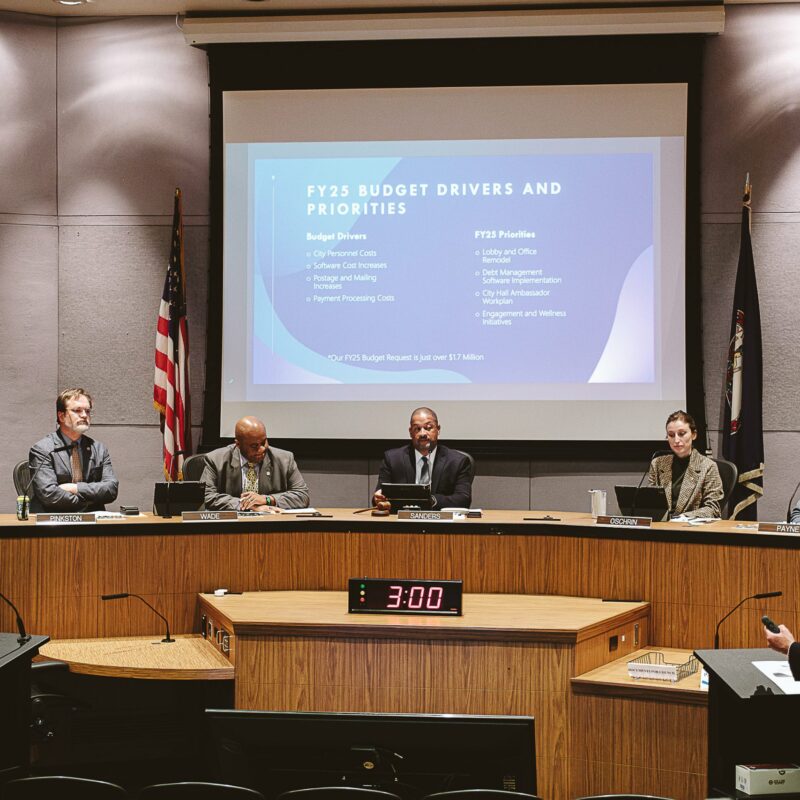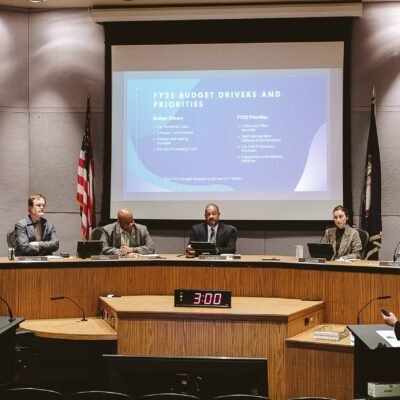Charlottesville Police Captain J. E. “Chip” Harding thinks he’s found a glitch in a statewide database that keeps track of convicted felons’ DNA. The missing data could be the link police seek to find the serial rapist, who’s suspected of seven area rapes since 1997. But, police looking to fill in the gaps retroactively could run into some legal roadblocks, which tough-on-crime Virginia Delegate Rob Bell has pledged to help with.
Harding knew some data was missing when several documented felons who should have been in the DNA database didn’t turn up in an investigation. “This is when I began to wonder how many samples were missing from the databank,” Harding’s report states.
Virginia has the second-largest DNA database in the country, next to Florida. It has yielded 3,558 hits since the database was created in 1989, when a law was passed that required all convicted felons to submit DNA.
This summer, when 600 felons from the Charlottesville area were checked against the database, 125, or 21 percent, didn’t turn up. Dr. Paul Ferrara, director of the Virginia Department of Forensic Science, cross-checked the sex offender registry against the DNA databank and similarly found 20 percent of sex offenders’ DNA was missing. There are many ways offenders slip through the cracks—there’s no uniform way of collecting samples and it’s up to individual judges how DNA will be gathered from cons. Harding estimates those gaps could be widespread across the state.
To determine this, officials would cross-check a list of convicted felons statewide against the DNA databank to find out how many criminals’ samples are missing. State law mandates that all felons submit DNA samples; police can legally collect samples from felons post-1990.
But, once police determine whose DNA is missing, some legal issues could arise. For example, Harding says he thinks the Secretary of Public Safety has authority to order the massive cross-check. But, Charlottesville Commonwealth’s Attorney Dave Chapman has said that at first glance, State police have no legal authority to call up felons who have already served their time, since they’re no longer under supervision of the court. Also at issue is who would be responsible for gathering data retroactively—local or State police. Delegate Rob Bell has said he’s on-board to help police with any legislative problems with obtaining the DNA. Bell was active last year with tightening the Virginia Sex Offender Registry.
Locally, the cops investigating the serial rapist case have been criticized for racial profiling in a broad DNA dragnet, prompting a pending class action lawsuit. So, dredging up all felons could be seen as another sweeping, invasive maneuver by police looking to nail down a serial criminal.
Harding says he’s not worried about such criticisms. “Either we have a legal right to [sample all felons] or we don’t,” Harding says. “…I think we owe it to Virginians to determine the scope of the problem.”





